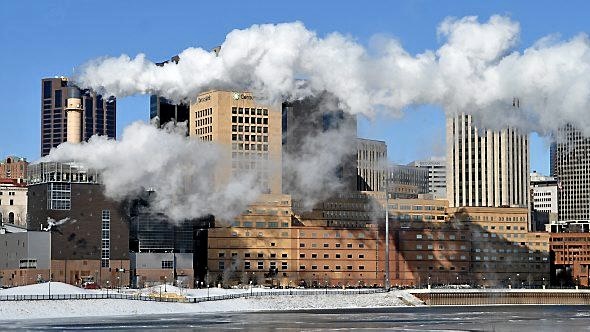At a family gathering in Huntsville, Alabama, I was stung by the divisive image on my 16-year-old relative’s T-shirt. When I lamented to my sister, she gently said “Jie (“older sister” in Mandarin), remember, we are all a product of our times.” What could you expect from a 16-year-old boy from rural Texas in 2025?
That got me thinking about the events that made me the “product” I am, and the family that came together from across our nation to celebrate the life of my Uncle Vince in Huntsville, Alabama. This large extended family has many different ethnic names, reflective of the many different religions and cultures that are America. If they all wore T-shirts with images that spoke to them, many arguments might have followed – and perhaps lead to more of the divisiveness and violence that seem to be normalized today.
I am a product of many policies and people, including the 1965 Immigration and Nationality Act that opened the floodgates for people from non-European countries to bring their extended families legally into the U.S.
And I am a product of St. Paul in the 1970s and 1980s – or at least the product of the kindness that touched me so deeply.
In 1972, with a few suitcases, three little kids, money borrowed for one-way tickets and a sponsorship from my one American uncle, my parents left Rangoon, Burma, and flew to Hong Kong on their way to the U.S. Discussions with our relatives in Hong Kong led my parents to change their U.S. destination from L.A. to St. Paul because Vince agreed to take in our family of five into the two-bedroom apartment he shared with his wife, newborn baby and mother.
In addition to the saintly acts of my Uncle Vince, other generous St. Paulites shaped me, including a lovely couple, Olive and George, who helped us along the many baffling Minnesotan things, from cheeses, potato salads and lutefisk to finding an affordable fixer-upper in a good school district after years in an apartment.
I attended third grade at Randolph Heights Elementary School and spent my formative years in Minnesota and am a product of the many kind actions there — like Mrs. Calvin coming over to me during Elementary School recess as I sat alone, isolated from my peers, to look me in the eye and tell me that I am a beautiful child.
Even though I never returned to Minnesota after leaving for graduate school at Berkeley, except for the occasional visits, the concept of “noblesse oblige” from my high school teacher Mr. Ingebrigtsen stayed with me throughout my lifetime. He saw those in his honor class as the “privilege class” and had us thinking about our responsibility to those less privileged. That theme certainly drove many of my actions including serving at an open university for the past quarter century as well as the many civic roles I have taken, from watershed steward in Maryland to volunteering with Citizens Climate Lobby.
During the past decade, my thoughts have increasingly gone to what it means to be an American during these divisive times. Climate change has for many years struck me as the biggest of these issues, threatening the stability of everything our ancestors have built. I don’t want to fix it just for people who think like me — I want to fix it for everyone, no matter what is on their T-shirts.
My life experience tells me that kindness and understanding lead to effective action as much as or more than knowledge does. I honor Mrs. Calvin with every child I make eye contact and share kind words with. During these divisive times, I have tried to lean in and listen more, and tried to open conversations with curiosity.
My Citizens Climate Lobby training had me thinking of gentle ways to explore the divisive shirt on my rural Texan relative, such as asking him to tell me more about why that image spoke to him. But I just did not have the mental capacity to do that and lamented with a cousin about my inability to be curious about what brings the little boy I knew to wear such a message. Sometimes, I simply cannot do more than take a deep breath. And I have come to think that might be enough during our divisive times.
In fact, taking some deep breaths in the moment of shock might have been the best thing I could have done: At the end of the two days we spent together in Alabama, in a large, crowded room, my 16-year-old rural Texan relative came up to me to give me a spontaneous hug. I take this as a sign that I am one of the people he can trust despite our political divide. Perhaps this approach of seeing the care in each other, and avoiding the labeling of each other, is key.
What will it take to feel like one human tribe so that we can come to grips with our mountain of challenges? What do each of us owe to humanity given that we are all a product of our times? Pause the name-calling and see the caring human underneath?
Sabrina S. Fu, formerly of St. Paul, lives in Ellicott City, Maryland.


Leave a Reply